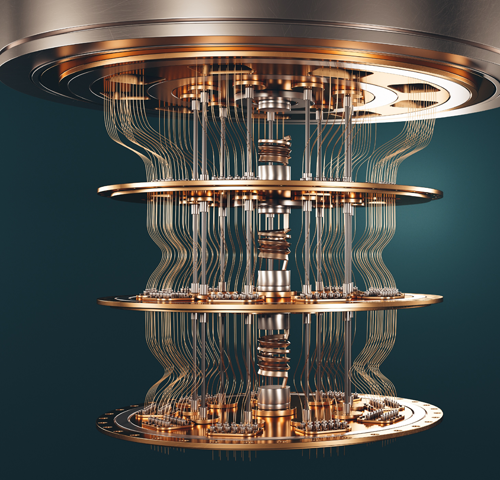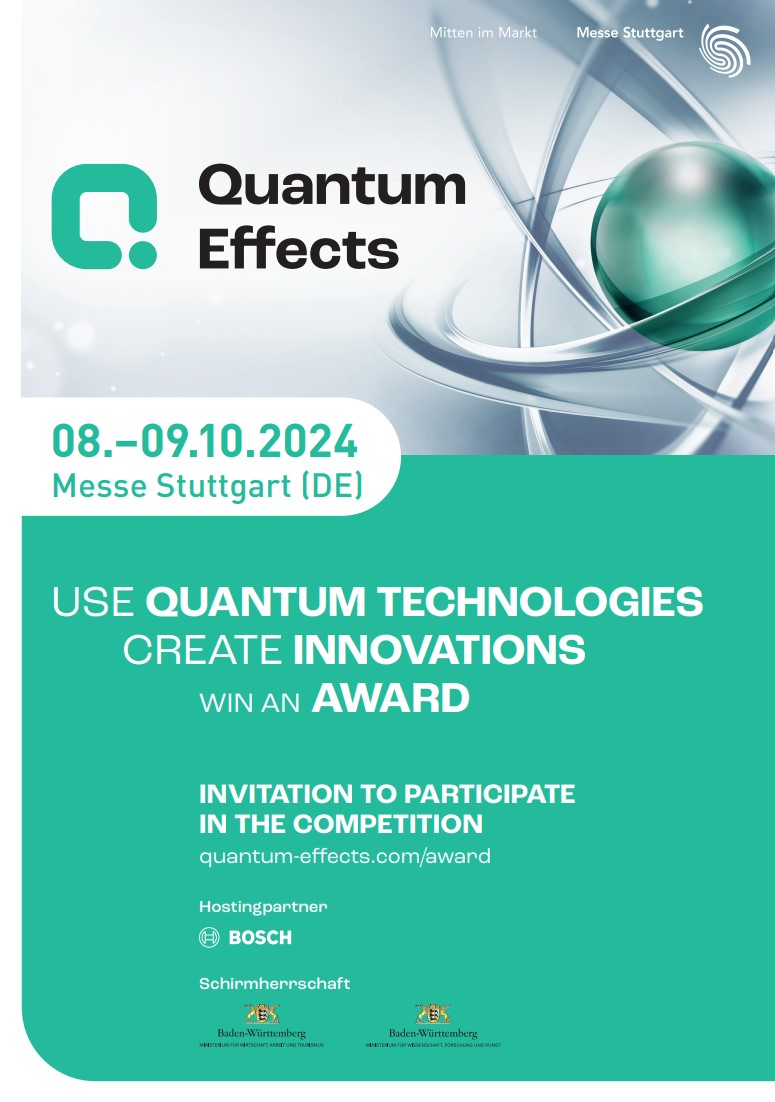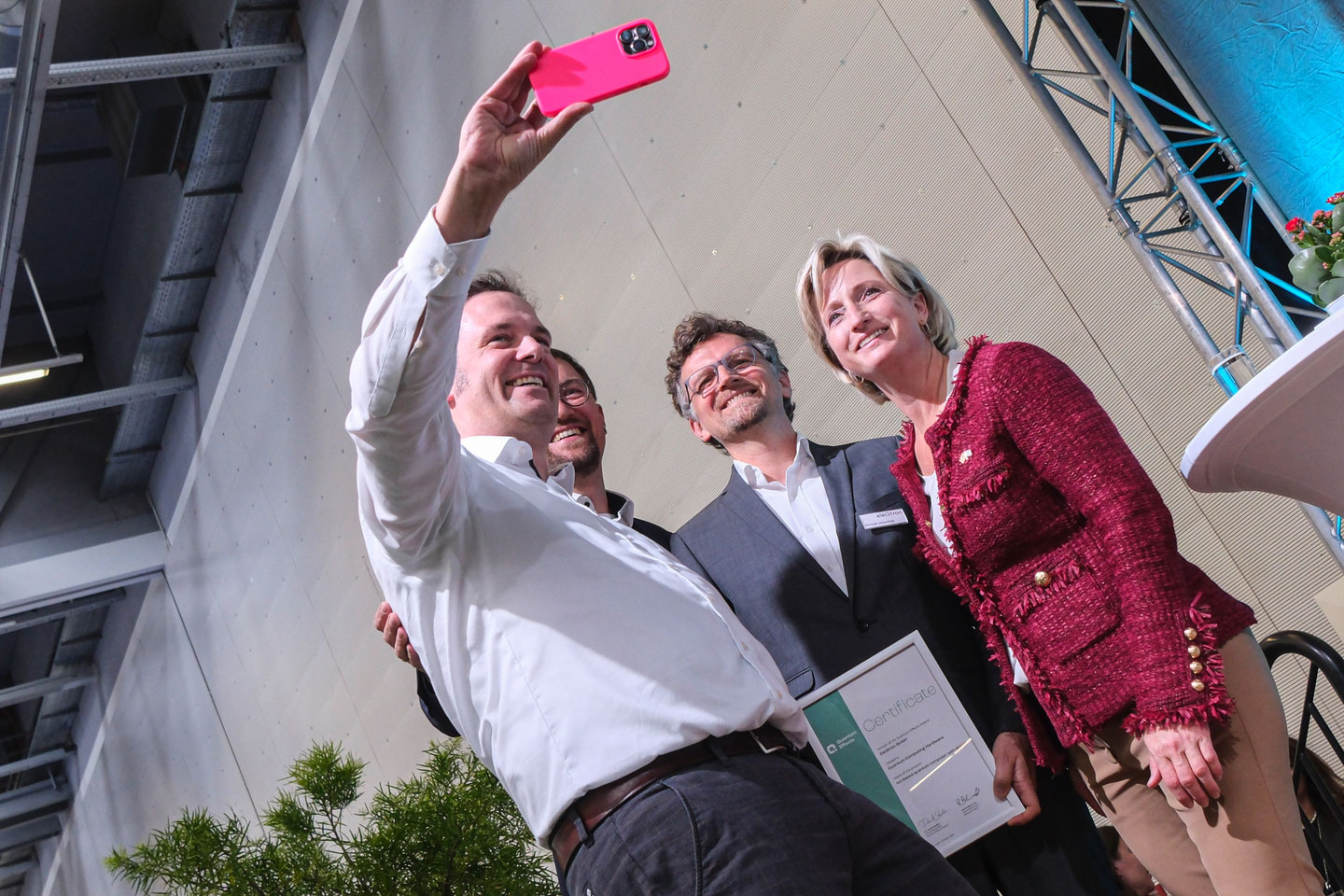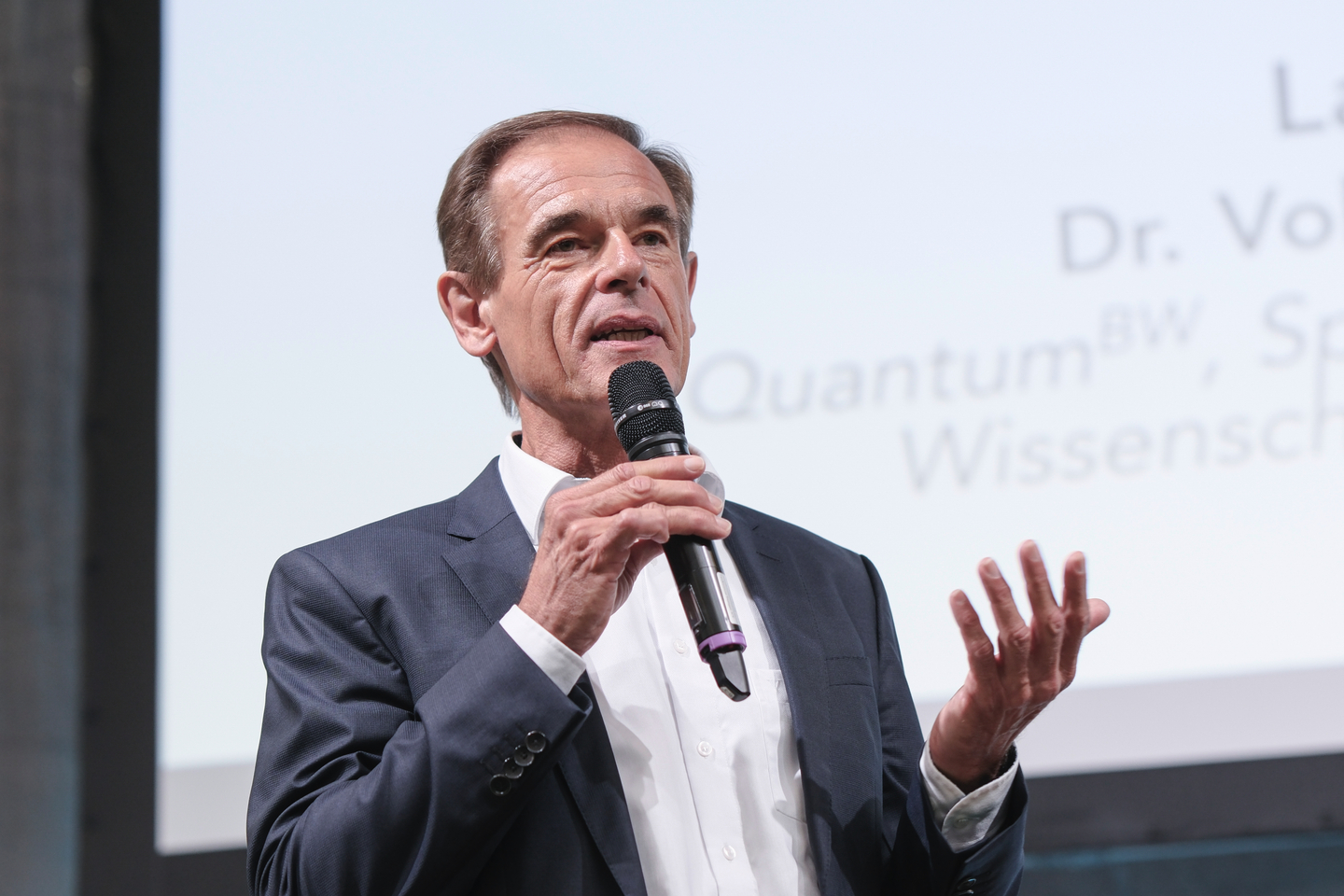Quantum Effects Award
![Quantum Effects Award [Translate to English:]](/quantum-effects/fileadmin/user_upload/qe-award-header.jpg)
Quantum Effects Award
The Quantum Effects Award 2024 is one of the highlights of Quantum Effects in Stuttgart. Learn more about the four categories, the judgement criteria, the jury and the conditions of participation.
For this purpose, we are particularly looking for innovations that connect the classical with the quantum world, which are used in different industries, enable new services and open up new perspectives. This also applies to technologies which help to significantly advance quantum technologies and solutions.
- Do you have a novelty to exhibit?
- Is your latest product ready for the market?
- Have you got a prototype of your brand-new innovation to show?
Then you are in the right place! Prizes will be awarded for partial solutions from the quantum-mechanical field of sensor technology, communication, computing and security which are characterised by a TRLevel 5 or higher and have a high degree of innovation and future potential or are already being used in initial solutions.
The Quantum Effects Award 2024 will be presented on 08 October 2024.
Award winner 2023
eleQtron GmbH (Germany)
eleQtron GmbH develops quantum computers based on ion trap technology. This technology is characterised, in particular, by a high stability of the computing units, so-called qubits. The company was founded by Jan Leisse, Prof. Dr. Christof Wunderlich and Dr. Michael Johanning as a spin-off of Siegen University. eleQtron GmbH is currently on the road to success and is one of Germany’s shining lights in the development and supply of quantum computers. The use of MAGIC technology enables the company to construct its quantum computers with the aid of established technologies, which can be found in every smartphone, and to therefore substantially speed up the availability of quantum computers for industry. The jury was impressed, in particular, by the high degree of innovation and the great application potential of the entry, and was delighted to present the team from EleQtron GmbH with the Award in the "Quantum Computing Hardware" category.
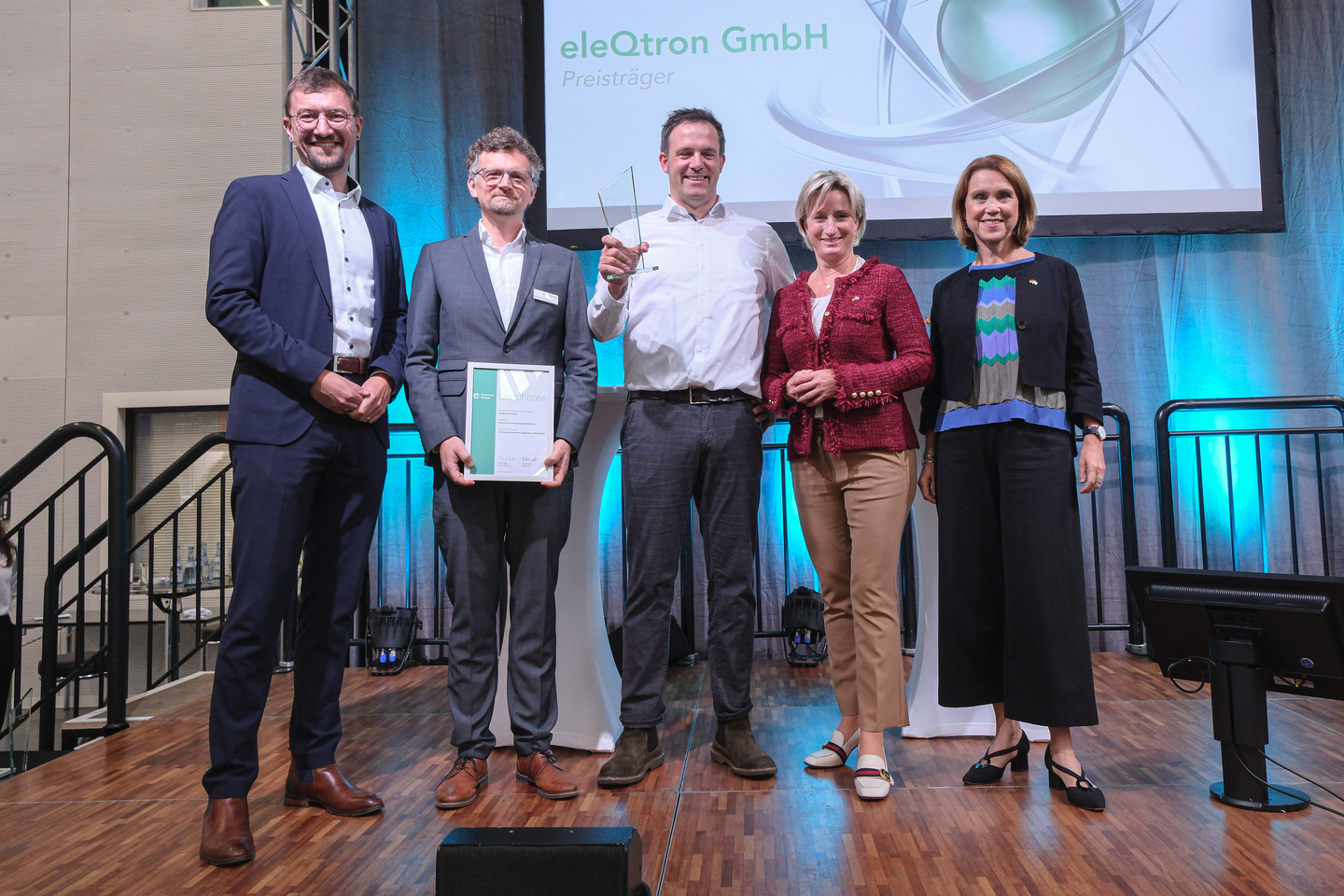
Dr Daniel Stadler, Head of QT.NRW and Chairman of the Jury, Dr habil. Miachel Johanning, CTO & Co-Founder eleQtron, Jan Henrik Leisse, CEO & Co-Founder eleQtron, Dr. Nicole Hoffmeister-Kraut, Minister of Economics, Labour and Tourism, and patron of Quantum Effects, Petra Olschowski, Minister of Science, Research and the Arts Baden-Württemberg (from left to right)
Q-Ctrl (Australia)
The computing units of quantum computers ("qubits") are very vulnerable to external influences. However, it is very important to prevent errors in order to rely on the results received from the quantum computer. A large number of the available qubits are currently used to improve the reliability of the results. The technology from Q-CTRL helps to minimise the number of qubits needed for error correction, thereby making quantum computers more robust.
Multiverse Computing (Spain)
The team from Multiverse Computing develops software solutions which produce services for companies, e.g. for optimisation tasks, on modern quantum computers. Thanks to the software solution from Multiverse Computing, AI can be trained up to 1,000 times faster with the aid of quantum computing data. This represents real value-added in the area of sustainability for AI. In 2023 the company was ranked among the top 100 most valuable AI firms. It serves a large number of customers, e.g. in the financial sector, manufacturing and the energy industry.
Since error correction is a key element for the development of freely programmable, error-resistant quantum computers and the use of quantum computers is just as important for more sustainable AI, the jury decided to present two Awards.
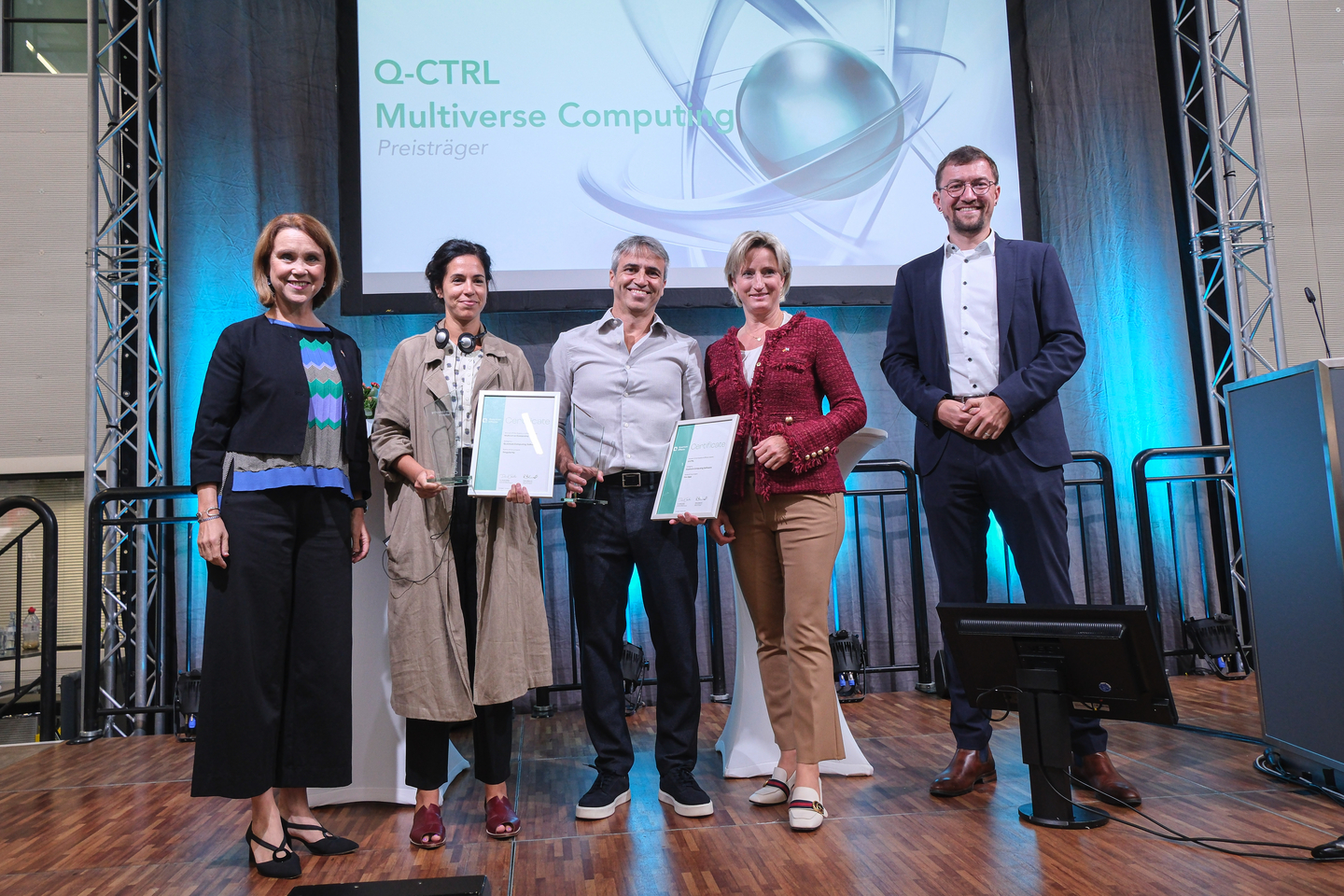
Petra Olschowski, Minister of Science, Research and the Arts Baden-Württemberg, Marta Garcia, CFO Multiverse Computing, André Carvalho, Head of Quantum Control Solutions at Q-CTRL, Dr Nicole Hoffmeister-Kraut, Minister of Economics, Labour and Tourism, and patron of Quantum Effects, Dr Daniel Stadler, Head of QT.NRW and Chairman of the Jury (from left to right)
Aliro Quantum (United States)
In the same way as computers are connected and can exchange data via the internet, quantum computers can be interconnected via the quantum internet. The quantum internet uses quantum physical properties of individual particles to link quantum computers and protect sensitive data. In order to use the quantum internet economically, there is a need for both new technology and new design approaches and implementation strategies. Aliro Quantum provides a complete solution for secure quantum communication networks for companies. The solution includes design, emulation, integration and scaling of the network.
NVision Imaging Technologies GmbH (Deutschland)
Cancer is one of the most common causes of death. Fast action is often necessary since the earlier the disease is detected, the higher the chances of recovery are. This also applies to medication which places high physical and mental demands on persons suffering from cancer. In this case early diagnosis of the effectiveness of the medication helps people as they undergo therapy. The team from NVision tackled this topic and uses quantum physics effects to improve diagnostics. Thanks to the technology from NVision, it will be possible to use MRI scanners in future for close and routine examinations of tumour activity. Whereas changes in the development of tumours (growth or decrease) can only be currently detected over a period of months, the technology from NVision can already observe a change within one week. Valuable time is therefore gained. Even though approval in the clinical field entails a very long development period, the jury was impressed by both the technology and the significance of the quantum technology solution for medicine.
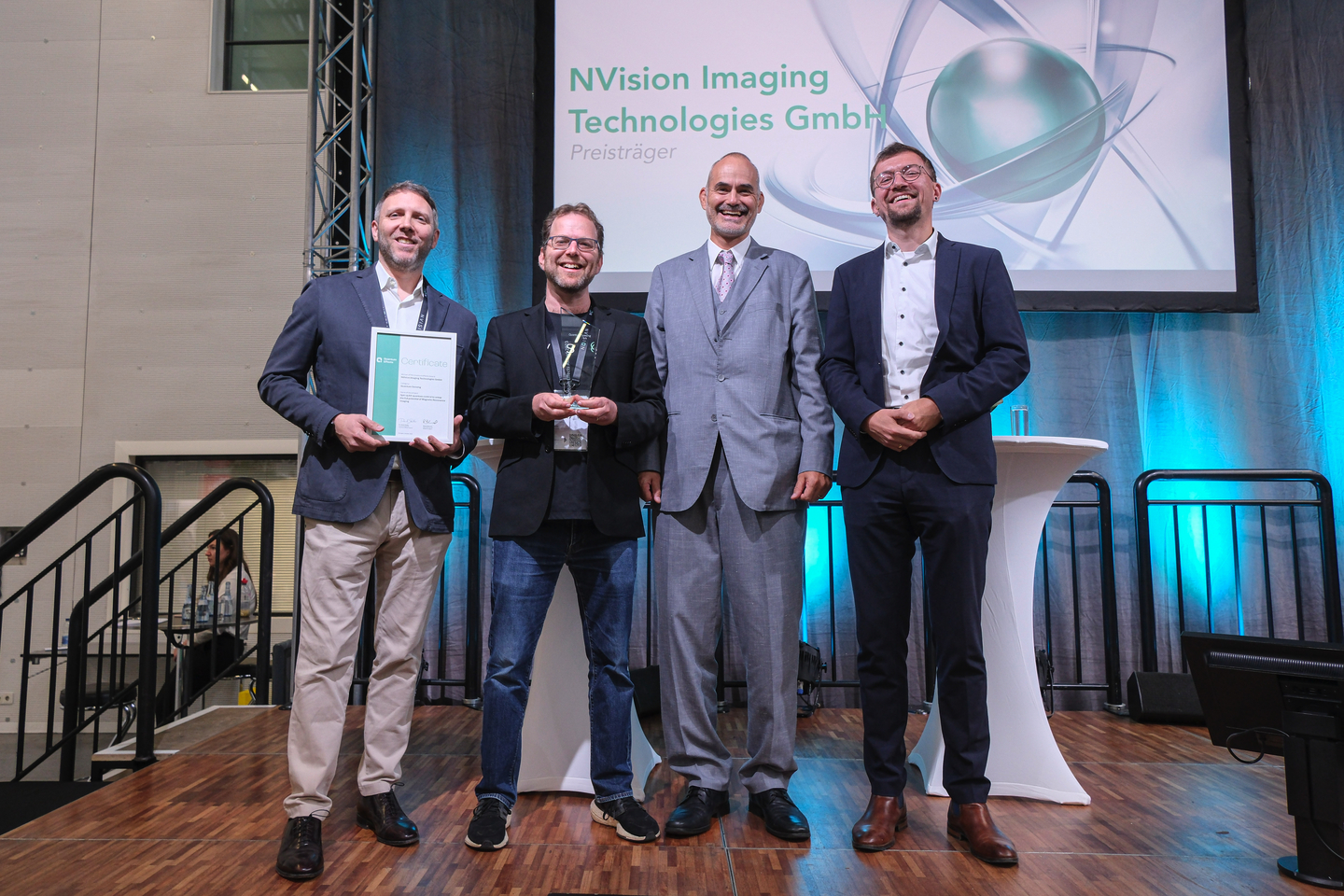
Dr Sella Brosh, Managing Director NVision Imaging Technologies GmbH, Ilai Schwartz, Managing Director NVision Imaging Technologies GmbH, Dr Gustav Kalbe, Head of High Performance Computing and Quantum Technology Unit, EU Commission, Dr Daniel Stadler, Head of QT.NRW and Chairman of the Jury (from left)
The Members of the Jury 2024
In 2024, the jury for the Quantum Effects Award will be made up of experts in the field of quantum technologies and other partners.
Terms and Conditions
Partial solutions, which come from the quantum mechanics area of sensors, communication, computing and security, are eligible to take part in the competition. Entries must also be characterised by a TR Level 5 or higher, and possess a high level of innovation and future potential or are already being used in initial solutions. Publication or the market launch should not date back more than three years. Participation in this competition is free. The jury reserves the right to change the categories in consultation with the company. Judging will be performed by the jury on the basis of the written and visualised entries. Deviations from the required format may lead to exclusion from the judging procedure. The entry deadline is 30 June 2024.
